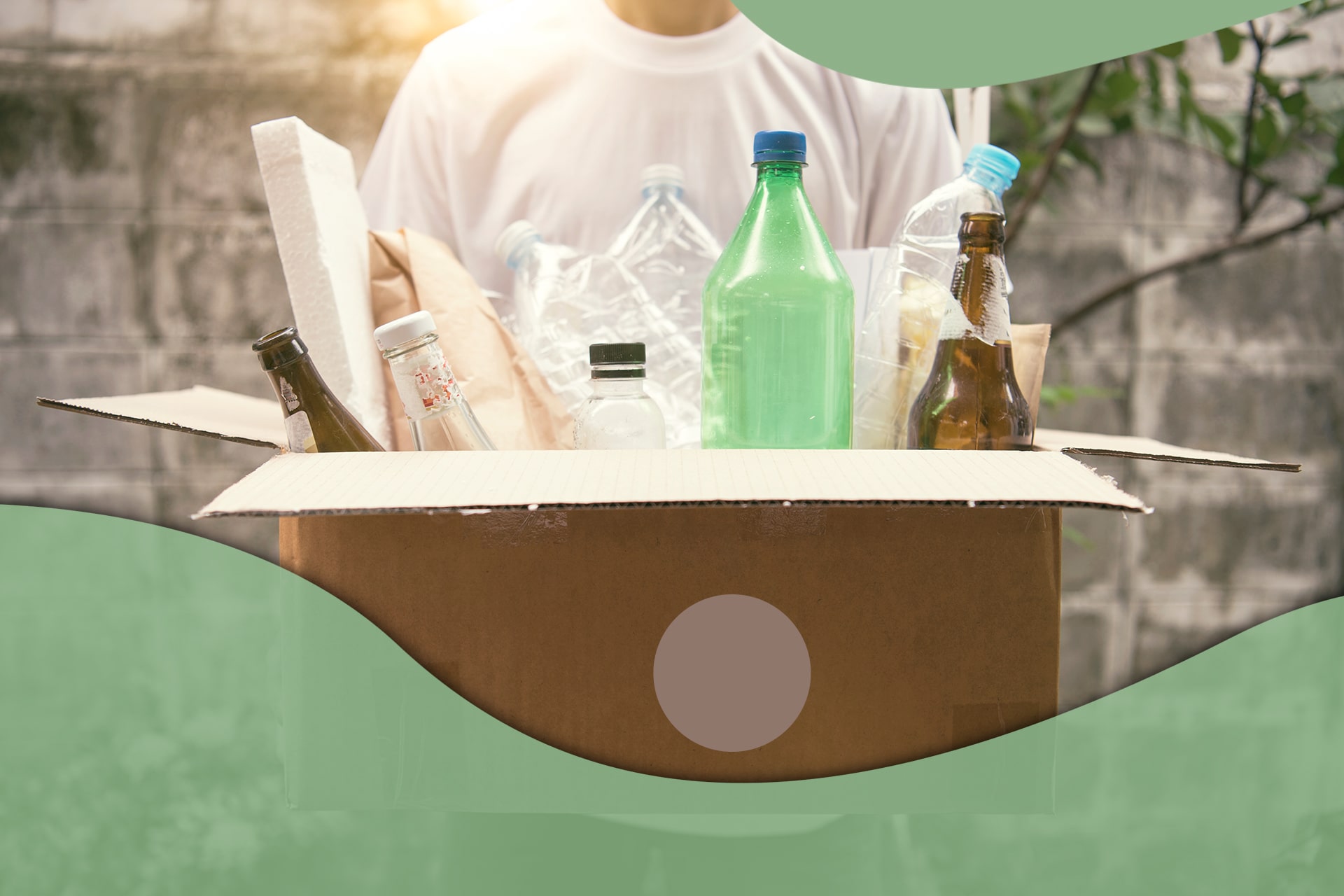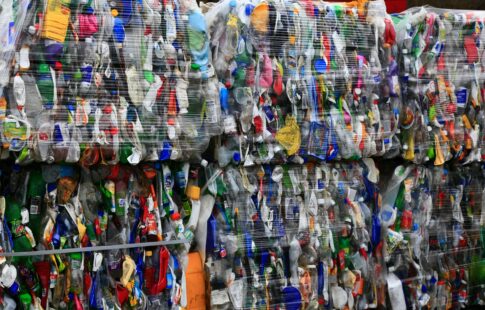
5 Benefits of Reducing Plastic Waste
We are reader-supported. When you buy through links on our site, we may earn affiliate commission.
Plastic is everywhere. In 2019, humans produced nearly 350 million tons of plastic waste throughout the world — and about half went to the garbage. This has truly become a plastic generation, and it’s a shame that most of the plastic isn’t recycled. That’s why awareness of the benefits of reducing plastic waste must be publicized.
Although human plastic consumption has gotten a bit out of hand, plastic was invented for a purpose. Its intent is to make life more comfortable, no doubt. You can go to the store and grab a bottle of water in a durable container, or you can use plastic shopping bags to carry your groceries. You can purchase safely-wrapped food products.
The complexities of plastic make it usable almost anywhere, but that’s where the problem starts. Microplastics entered the food you eat and have even been found at the highest peaks and deepest depths.
What Are the Benefits of Reducing Plastic Waste?
It’s hard to reduce the amount of plastic waste produced when plastic is all around. The benefits of reducing plastic waste are numerous. The biggest benefit is creating a healthier planet for us all. Reducing plastic waste also benefits human and animal health alike. The added benefit of saving money only makes plastic reduction all the more appealing.
Fewer Carbon Dioxide Emissions
Climate change has brought the earth’s temperature up a few degrees over the past decade. Much of this is due to manufacturing companies’ carbon emissions and the burning of fossil fuels.
Plastic production releases emissions into the atmosphere because most of it is produced using fossil fuels. Oil is processed to get the raw materials used in plastic products.
By reducing plastic waste and plastic use, companies that manufacture those products will have less of a demand so that less plastic will be put on the market. Therefore, there would be a reduction in harmful carbon dioxide emissions that are warming the planet.
Safer Environment for Wildlife
You’ve seen it on television and in the media, and it’s real — animals on land, in the air or the sea are affected by plastic waste. Often, turtles or fish mistake plastic waste as a food source or get stuck in a plastic bag, causing them injury or death. Animals eat plastic by accident, and then microplastics end up in the food you eat.
By 2040, it is estimated that the amount of plastic in the oceans will triple to almost 30 million metric tons per year. Humans try to clean up the oceans, but complete ocean cleanups are nearly impossible without a significant reduction in plastic waste.
For land animals, a bag or bottle could get stuck on an animal’s head causing discomfort and suffocation. Plus, they’re just as prone to accidental ingestion as sea life. Reducing plastic waste positively benefits wildlife, as fewer animals will be hurt or killed.
Better Human Health
If plastics affect animal health, they inevitably affect human health as well. As previously stated, the food you eat most likely contains some amount of plastic. People consume, whether through eating or inhalation, about 120,000 particles of microplastics each year. Ingesting microplastics increases the risks of chemical exposure and severe health problems.
The toxins released from plastics could cause cancer, auto-immune diseases, increased risk of stroke, cardiovascular disease and many other illnesses. Additionally, expecting mothers might be able to pass those plastic particles to an unborn fetus.
Plastics harm the human body, and the production of plastics harms it as well. As the necessary materials are extracted from fossil fuels to make plastic, the emissions release into the atmosphere, posing health dangers to humans.
Plastics were meant to help humans, not harm them, but research suggests that it’s doing more harm than good. Reduction of plastic waste would lead to better health for humans.
Saves Money
Besides human health and environmental health, reducing plastic waste saves money, too! Every time you purchase a product that is wrapped in plastic, you’re paying for the cost of the item and the plastic packaging.
However, reusing items, like cloth grocery bags or a refillable water bottle, saves you money in the end. You don’t have to continually purchase new plastic-packaged products.
This is especially true for businesses as they often purchase products in bulk. By handing employees a refillable water bottle and providing a water or drink station, you’re not paying for vending machine refills with plastic bottles or snacks.
Ways to Reduce Plastic Waste
With all of the benefits of reducing plastic waste, you might want to know some simple steps you can take today to create a healthier environment and save money.
Some ways include:
- Using reusable containers and purchasing food from bulk stores.
- Recycling plastic whenever possible.
- Stop using single-use products like plastic utensils or straws.
- Purchasing boxes instead of bottles, like for laundry detergent.
- Make your own cleaning products.
By reducing your plastic waste, you’re helping yourself and the environment.
Benefits of Reducing Plastic Waste
Once you figure out your reason why you want to reduce plastic waste — whether it’s to benefit wildlife, slow climate change, or save money — you’ll implement plastic waste reduction into your lifestyle more easily. Tell your friends and family about these benefits, too!
Share on
Like what you read? Join other Environment.co readers!
Get the latest updates on our planet by subscribing to the Environment.co newsletter!
About the author
Jane Marsh
Starting from an early age, Jane Marsh loved all animals and became a budding environmentalist. Now, Jane works as the Editor-in-Chief of Environment.co where she covers topics related to climate policy, renewable energy, the food industry, and more.





